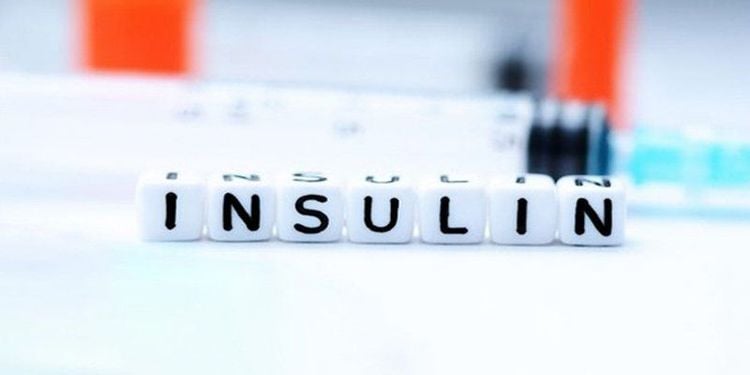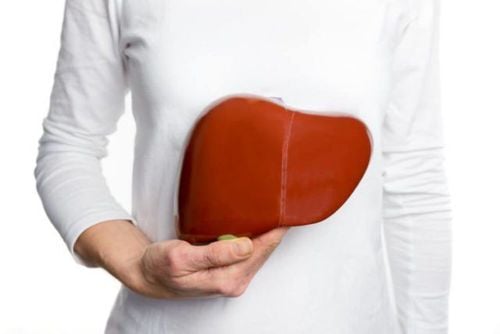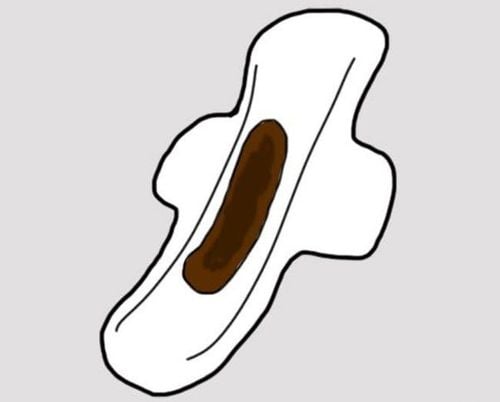This is an automatically translated article.
The article was professionally consulted with Master, Doctor Dinh Thanh Ha - Obstetrician and Gynecologist - Department of Obstetrics and Gynecology - Vinmec Nha Trang International General Hospital.Polycystic ovary syndrome is a dangerous disease that prevents women from ovulating or ovulating. If you have PCOS and your androgen levels get too high, you're more likely to have a number of complications. However, the effects of PCOS can vary from woman to woman.
1. Overview of polycystic ovaries
Polycystic ovary syndrome (PCOS) is a condition in which a woman's ovaries contain many small cysts, causing the body to produce too much of the hormone androgen.In men, androgens are made in the testicles. They are involved in the development of male genitalia and other male characteristics such as body hair. In women, androgens are made in the ovaries, but are then converted to estrogen. These are hormones that play an important role in the reproductive system, as well as the health of the heart, arteries, skin, hair, brain, and other body parts and systems.
Recommended video:
2. Complications of polycystic ovary: Difficulty getting pregnant
In a normal person, one of the ovaries releases an egg every month. If a healthy egg doesn't meet a sperm and fertilize it, you won't be able to get pregnant. In people with PCOS, tumors in the ovaries can interfere with ovulation.Polycystic ovary causes endocrine disorders and is one of the common causes of infertility if not detected early. When too much testosterone is produced in the ovaries, the eggs develop slowly or stop developing even though they are not yet ripe. The follicle fails to develop, the egg cannot mature, so there is no ovulation.
People with PCOS often have less and less menstrual periods, not on the right cycle and do not see monthly ovulation. Ultrasound showed 6 to 10 small cysts (10mm in size) on the ovary.
Not everyone with PCOS is infertile, you can still get pregnant if you have PCOS. But patients often have to take medication and work closely with a fertility specialist to increase their chances of getting pregnant.
3. Complications of Polycystic Ovarian Syndrome: Insulin Problems

Insulin is a hormone that helps cells in the body absorb sugar (glucose) from the blood to use for energy. If you have insulin resistance, the cells in your muscles, organs, and tissues don't absorb blood sugar well. As a result, you will have too much sugar moving freely in your blood. This is called diabetes, which can lead to problems with the person's cardiovascular and nervous systems. This type of polycystic ovary syndrome is more likely to occur in overweight women, but can occasionally occur in normal-weight patients. In addition, high insulin levels also lead to increased cholesterol, increased blood pressure, atherosclerosis, thereby increasing the risk of heart attack and stroke. Polycystic ovary disease increases the risk of heart disease even in thin women.
4. Complications of Polycystic Ovary: Endometrial Cancer
Women with PCOS have a higher risk of endometrial cancer than the general population. In particular, the risk is increased in overweight patients.Normally, estrogen will affect the lining of the uterus, causing them to thicken to prepare to receive the fertilized egg for implantation. If a woman does not conceive, this lining sheds and menstruation occurs.
Meanwhile, irregular menstrual cycles or missed periods - common symptoms of PCOS, will cause the lining of the uterus to thicken without shedding. High levels of estrogen in the body are responsible for an increased risk of endometrial cancer.
5. Other possible complications of polycystic ovary

Some other common side effects of PCOS include:
Depression Anxiety Uterine bleeding Sleep problems Inherited hepatitis (women whose mother or sister has polycystic ovary syndrome may have polycystic ovary syndrome). are at high risk of inheriting the disease). Some complications of PCOS may not pose a serious health threat, but they can be unsightly to a woman. For example:
Abnormal body or facial hair growth: This is both a common sign and an effect of polycystic ovaries due to hyperandrogenism Thin hair on the head, baldness Weight gain in the middle (Conversely, obesity also contributes to polycystic ovary syndrome. Weight promotes clinical PCOS symptoms. Therefore, weight control may help improve prognosis.) Acne , tanning and other skin problems.

6. How to reduce the risk of complications?
Despite the increased risks for complications in PCOS, they are all preventable. The first and most important thing you can do is make lasting positive changes in your daily diet and exercise plan. You can consult a nutritionist about the diet. You should increase your weekly physical activity to control weight.Having a blood test at least annually will help you identify your risk factors. Get regular check-ups, talk to your doctor about your risk factors and what medications or supplements can help prevent them. Being proactive with your health is key to taking control of PCOS before it takes over you.
Please dial HOTLINE for more information or register for an appointment HERE. Download MyVinmec app to make appointments faster and to manage your bookings easily.
Reference source: webmd.comRecommended video:














